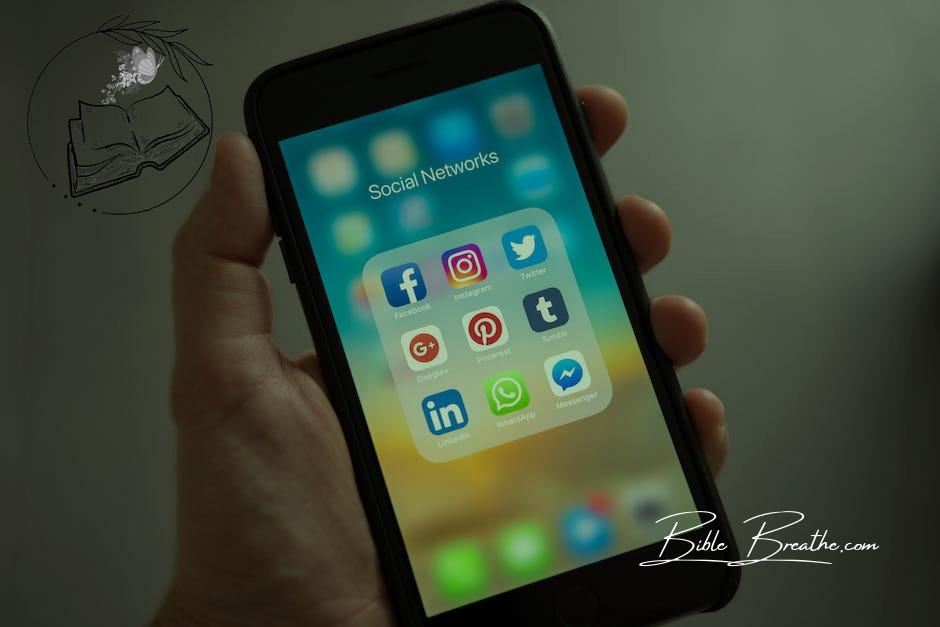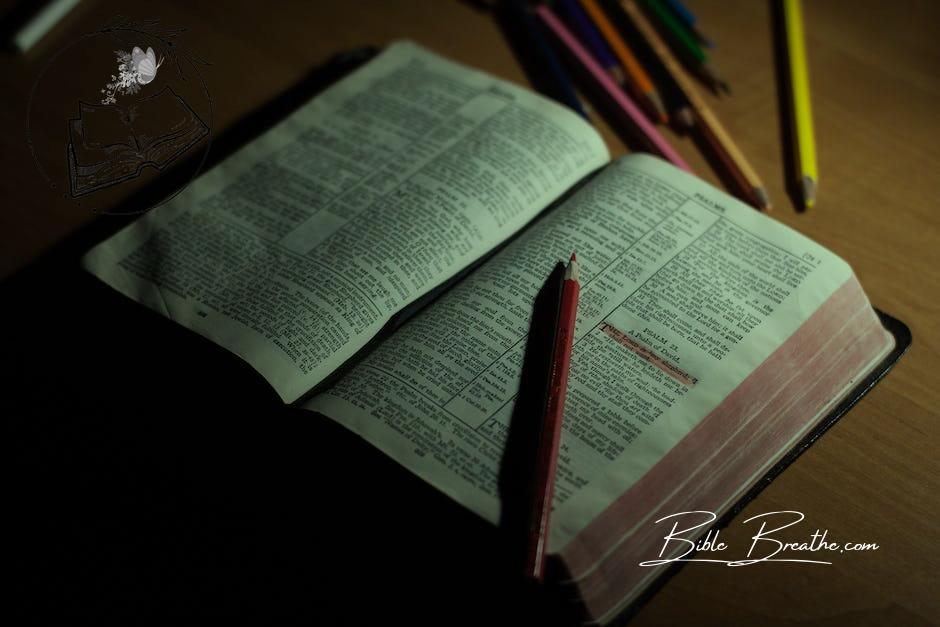How did God speak through the ephod, fam?
It’s like diving into an ancient text message conversation with the Almighty.
The ephod, that fancy piece in the priest’s wardrobe, was more than just bling – it was God’s hotline to Earth.
Imagine it as a spiritual cell phone, only accessible by the high priest, equipped with the divine apps of the Urim and Thummim, giving answers like yes or no.
This wasn’t just some fashion statement; it was the real deal.
This ephod wasn’t a fashion show, it was a spiritual showdown.
When big decisions were on the line, when the fate of a nation hung in the balance, it was the ephod that stepped up.
So, join me as we unpack the swag of the Aaronic priesthood, the divine texting service of biblical times, and the sacred garment that bridged heaven and Earth.
It’s time to decode the ancient messages, fam!
🙌📜🔥
Key Takeaways
- How did God speak through the ephod? The ephod played a central role in Old Testament communication with God, offering insights and guidance.
- Seeking God’s guidance through prayer and reflection is vital in making important life decisions, just as people did in biblical times with the ephod.
- The teachings and lessons from the ephod continue to hold significance in modern Christian life, providing valuable wisdom for navigating the complexities of our world.
Unveiling the Mystery of the Ephod: How God Spoke Through It

Photo modified by BibleBreathe.com. Original photo by Luis Quintero on Pexels
Hey, family!
Let’s dive into the incredible world of the ephod, a term that’s like having a spiritual hotline!
What’s the Deal with this Ephod Thing?
Now, the ephod, it’s not just any old piece of clothing.
Imagine it like the ultimate sacred superhero cape of the biblical era.
Picture an intricate, finely crafted garment, designed with religious precision.
This thing wasn’t just about looking cool; it was loaded with spiritual meaning and significance.
In the epic tale of the Old Testament, the ephod stood out like a beacon.
It was the iconic outfit of the holy club.
Made with threads of various colors, it held deep symbolic value.
The Ephod: More Than Just Fashion
Now, let’s talk importance.
This was like having a direct hotline to the heavens.
Whenever someone needed to hear from the big guy upstairs, the ephod was the go-to.
It was a way to seek God’s will and guidance.
The ephod was the uniform of the Aaronic priesthood, a tangible symbol of their sacred duty and authority.
Who Rocked the Ephod?
But hey, not just anyone could wear this.
It was the VIP pass in a concert.
Only priests, and sometimes the high priest, got to wear this spiritual statement piece.
It was a symbol of their role as middlemen between God and the people.
When they put on this ephod, they were gearing up for a divine conversation.
In essence, the ephod was more than just a fashion statement.
It was a channel through which seekers communicated with the divine, seeking guidance, answers, and divine decisions.
It was like having a direct chat with the Almighty.
“And he put the ephod upon him, and he put in the breastplate the Urim and the Thummim.” – Leviticus 8:8 (KJV)
Unraveling the Divine Mystery: How Did God Speak Through the Ephod?

Photo modified by BibleBreathe.com. Original photo by cottonbro studio on Pexels
Now, fam, I know we’ve all had moments in our lives when we’re seeking that divine guidance, right?
Well, let me tell you, the high priests of old had their own way of connecting with the Almighty, and it involved something quite special—the ephod.
So, let’s dive into the nitty-gritty of this sacred attire and understand how God used it to speak to His people.
The Ephod: It’s Like God’s Phone Line
First things first, the ephod wasn’t your run-of-the-mill piece of clothing.
This garment was something else, woven with intricate craftsmanship and designed to be a spiritual powerhouse.
Imagine it as God’s very own hotline to His people.
**_But what set this ephod apart was its unique construction.
It had two layers: an inner one made from seamless fabric and an outer layer adorned with twelve precious stones, each representing one of the twelve tribes of Israel.
These stones were like a vibrant and sparkling connection between God and His chosen people._**
The Bling of Divine Wisdom
Now, picture this: the high priest wearing the ephod with the Breastplate of Judgment, which was kind of like a holy accessory that went along with it.
This breastplate had those twelve precious stones, each engraved with the name of a tribe.
It was like the high priest was carrying the weight of the whole nation’s hopes and dreams right there on his chest.
**_But here’s the kicker: when it was time to seek the Lord’s guidance, there was no loud proclamation or thunderous voice from the heavens.
Nope, it was all about the Urim and Thummim, two mysterious objects in the breastplate.
They were like divine dice that were cast to discern the will of God._**
How Divine Questions Got Answered
Now, let me break it down for you.
The Urim and Thummim weren’t magic tricks; they were sacred instruments.
They symbolized the communication between God and His people.
When the high priest had a burning question, he’d reach into the pouch of the ephod and pull out one of these objects.
Depending on how they landed, it was believed that God was guiding His people’s choices.
And you shall put in the breastplate of judgment the Urim and the Thummim, and they shall be upon Aaron‘s heart when he goes in before the LORD. And Aaron shall bear the judgment of the children of Israel upon his heart before the LORD continually.” – Exodus 28:30 (KJV)
So, fam, the ephod, the breastplate, the Urim and Thummim—these weren’t just ceremonial items.
They were all part of a deep, spiritual connection between God and His chosen ones.
In our lives, we might not have an ephod or special objects like the Urim and Thummim, but we’ve got the Word of God, prayer, and faith.
When you’re wondering how God spoke through the ephod, remember that it was like a divine conversation, just like our prayers are today.
Your connection with the Divine is always just a heartfelt prayer away.
So, keep the faith and keep the dialogue open, my friends.
Unveiling the Divine Hotline: Urim and Thummim – How God Talked Through an Ephod

Photo modified by BibleBreathe.com. Original photo by Tracy Le Blanc on Pexels
Alright, my brothers and sisters, today we’re going to dive deep into one of the Bible’s best-kept secrets, the Urim and Thummim.
Now, I know it sounds like a couple of secret agents from an ancient spy thriller, but these little treasures were God’s way of dropping some heavenly wisdom on His people.
Divine Decoder Rings: The Urim and Thummim
Imagine the Urim and Thummim like the coolest gadgets a high priest could rock.
They were like those hidden compartments in James Bond’s Aston Martin, but way more divine.
Urim, which kinda translates to “lights,” and Thummim, meaning “perfections” or “truths,” were two special stones with divine markings.
They sat snug in a pouch on the high priest’s breastplate, like secret keys to unlock God’s messages.
These weren’t just pieces of jewelry; they were spiritual tools of revelation.
How God’s Call Waiting Works
Now, picture this: You’ve got a burning question, a real head-scratcher, and you’re thinking, “Man, I need some divine guidance.” Well, in the good ol’ days, they’d turn to the high priest, the spiritual go-to guy.
It’s like having that one friend you always consult when life throws curveballs.
So, the high priest would step into the presence of the Lord and ask the big question.
It was usually something like “Should we go to war?” or “Will the crops be bountiful this year?” And here’s where the magic happened.
He’d reach into that pouch with the Urim and Thummim.
It was like hitting the “call God” button on his spiritual smartphone.
If he pulled out the “Urim” stone, it meant God was saying, “Yeah, go for it!” But if it was “Thummim,” it was a divine “Nope.” Like flipping a heavenly coin, but God was in charge of the toss.
The Bible’s Got Stories
You might be wondering, “Did this really happen?” Oh, it sure did!
The Bible is chock-full of stories where the Urim and Thummim stepped into the spotlight.
Check out King Saul in 1 Samuel; he used this divine hotline to get God’s wisdom when he was in a tight spot.
It’s like sending a text to God and getting a reply faster than you can say “Amen.”
The Urim and Thummim might not be the talk of the town these days, but they were God’s way of saying, “I’m just a question away.
I’ve got your back, and I’m ready to guide you through this crazy journey called life.”
“And thou shalt put in the breastplate of judgment the Urim and the Thummim; and they shall be upon Aaron’s heart, when he goeth in before the LORD: and Aaron shall bear the judgment of the children of Israel upon his heart before the LORD continually.” – Exodus 28:30 (KJV)
So, my friends, next time you wonder how God spoke through the ephod, remember the Urim and Thummim.
They were like God’s WhatsApp for His people, a way to get those burning questions answered straight from the divine source.
Isn’t it amazing how God finds creative ways to connect with us?
Unveiling Divine Whispers: How God Spoke Through the Ephod

Photo modified by BibleBreathe.com. Original photo by John-Mark Smith on Pexels
Hey there, family!
Today, we’re diving into a topic that’s like uncovering buried treasure in the Bible—the ephod.
It’s not just a fancy ancient garment; it’s a hotline to God’s wisdom!
Gideon’s Ephod and Its Consequences: When Symbols Get Tricky
Imagine you win a championship and make a victory shirt, and suddenly, everyone thinks it’s magical!
Well, that’s a bit like what happened with Gideon and his ephod.
Originally meant to celebrate God’s victory, it took a wrong turn.
People started seeing it as more than it was, inching toward a dangerous path.
Ever had something good turn into a problem?
“And Gideon made an ephod thereof, and put it in his city, even in Ophrah: and all Israel went thither a whoring after it: which thing became a snare unto Gideon, and to his house.” – Judges 8:27 (KJV)
Gideon’s ephod journey teaches us a vital lesson: good things, if misinterpreted, can become stumbling blocks.
David’s Request for the Ephod: A King Seeking Guidance
Picture this: David, a king with a crown, but more importantly, a heart seeking God’s wisdom.
He wasn’t too proud to ask for help, especially from God.
David sought divine direction through the ephod, a symbol of God’s presence.
“And David inquired of the Lord, saying, Shall I pursue after this troop? shall I overtake them? And he answered him, Pursue: for thou shalt surely overtake them, and without fail recover all.” – 1 Samuel 30:8 (KJV)
David’s choice to use the ephod underlines something powerful: seeking God’s guidance, even in the kingly matters, is a mark of true wisdom and humility.
The ephod was more than just a garment; it was a way God communicated with His people, reminding them of His presence.
As we peel back its layers in the Bible, we see a deeper truth: God wants us to seek Him, to listen, and to trust His divine guidance in our lives.
It’s like a spiritual GPS for navigating the twists and turns of our journey!
Unraveling the Mystery: How God Used the Ephod to Talk to Us

Photo modified by BibleBreathe.com. Original photo by Joël Super on Pexels
Hey there, amazing people of faith!
Today, we’re diving deep into the Scriptures to uncover the hidden gems, and we’ve got a real gem today – the ephod.
It might sound like a fancy word, but trust me, there’s some profound stuff behind it.
So, let’s break it down in a way that’ll hit home for everyone, whether you’re young in age or young at heart.
The Ephod: A Reminder We Need a Savior
Imagine the ephod as a sacred piece of clothing, something like the priest’s superhero cape.
But what makes it special is that it carried the names of the twelve tribes of Israel, etched into precious stones.
It’s like God’s way of saying, “I’ve got every one of you covered.” Just picture that – God’s heart, close to the high priest’s heart, with all of His people.
Wow!
“And thou shalt put in the breastplate of judgment the Urim and the Thummim…” – Exodus 28:30 (KJV)
Inside this ephod, you had something called the Urim and Thummim – think of them as God’s divine communication hotline.
The ephod was like a spiritual cell phone, keeping the high priest connected with God.
It’s as if God was saying, “I’m right here with you, ready to guide your every step.” The ephod reminds us of our deep need for a Savior who can intercede on our behalf and keep the lines of communication open.
Wearing Jesus Christ: It’s Like Putting on the Perfect Outfit
Now, let’s talk about “wearing Jesus Christ.” When you accept Jesus into your life, it’s like putting on the most amazing, custom-made outfit.
It’s like wearing a suit or dress that makes you look fantastic, but this outfit isn’t about appearances.
It’s about wrapping yourself in His righteousness, covering all your flaws and imperfections.
“For as many of you as have been baptized into Christ have put on Christ.” – Galatians 3:27 (KJV)
So, the ephod is like a sneak peek into God’s plan for our salvation.
It reminds us that we can’t stand before God on our own merit; we need the righteousness of Christ to be in His presence.
God’s Authority and Power in Your Life
Now, let’s talk about the divine authority and power.
When the high priest put on the ephod, he carried the heavy load of the people’s sins and needs on his shoulders.
He was the middleman between God and the Israelites, like a bridge between heaven and earth.
Today, we might not be wearing ephods, but we have a similar mission.
We are God’s ambassadors, carrying His authority and the power of His Word.
You see, you don’t need a fancy outfit to be God’s messenger; you just need a willing heart and the message of hope and reconciliation.
So, the ephod, with all its spiritual symbolism, reminds us that we are called to be representatives of God’s love and grace in this world.
We’re His messengers, sharing His goodness with everyone we meet.
As we reflect on the ephod, remember it’s more than just a piece of clothing from the past.
It’s a reminder that we need a Savior, an invitation to “wear Jesus Christ,” and a call to carry God’s authority and love wherever we go.
So, put on that spiritual superhero outfit and get ready to represent Him in style!
Frequently Asked Questions (FAQs) About How Did God Speak Through The Ephod
What was the main purpose of the ephod in the Bible?
The ephod was a ceremonial garment worn by priests in the Old Testament.
Its primary purpose was to signify their consecration and to seek guidance from God through the Urim and Thummim, which were attached to it.
How did the Urim and Thummim function in decision-making?
The Urim and Thummim were objects used by priests in ancient times for decision-making.
They were likely stones or objects kept in a pouch, and their specific function isn’t fully described in the Bible.
However, they were employed for seeking divine guidance or making decisions, potentially involving casting lots or receiving a yes or no answer from God.
Why did David request the ephod during his time of distress?
David sought guidance from God through the ephod, a priestly garment used for seeking divine direction.
In moments of distress, he turned to God for counsel and assurance.
This act reflects David’s reliance on God’s guidance, showing his commitment to seeking divine wisdom in challenging times.
Matt Turner
I’m Matt, and I love breaking down Bible verses in a way that’s easy to understand and apply to everyday life. My goal is to help you connect with God’s Word and find practical ways to live it out. Whether you’re new to the Bible or just looking for some fresh insights, I’m here to walk with you and share what I’ve learned along the way.

